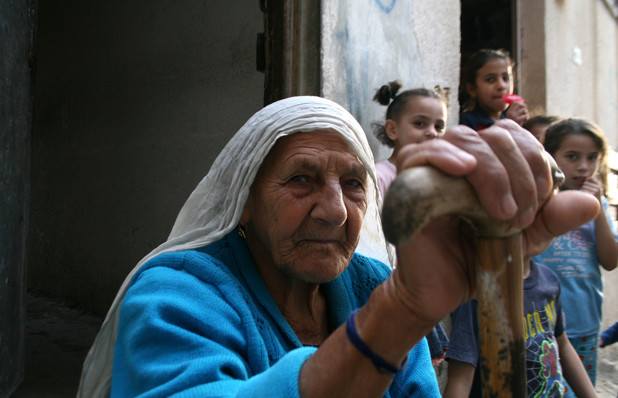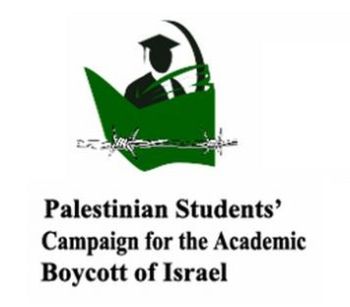Tag: PACBI
-
Gaza researchers determined to record Nakba generation before time runs out
28th October 2013 | The Electronic Intifada, Joe Catron | Gaza City, Occupied Palestine Tucked into a quiet basement suite in the main building of the immaculate Islamic University of Gaza campus, the Oral History Center could at first be mistaken for a bursar or registrar’s office. But its stacks of metal filing cabinets may contain more memories…
-
Official Release: “The New Black” by The Mavrix
13 March 2012 | Palestine Solidarity Alliance and PACBI In a first ever musical collaboration between South Africa and Palestine, South African band, The Mavrix, and Palestinian Oud player, Mohammed Omar, have released a music video called “The New Black”. The song is taken from The Mavrix’ upcoming album,”Pura Vida”, due for release in June 2012.…
-
Connect with the Palestinian Students’ Campaign for Academic Boycott of Israel (PSCABI)
23 January 2012 | US Campaign for the Academic and Cultural Boycott of Israel A collective of students in Gaza has formed the Palestinian Students’ Campaign for the Academic Boycott of Israel (PSCABI). These students are seeking to expand their collaboration and participation in events and activities with solidarity activists at international universities. PSCABI members…


